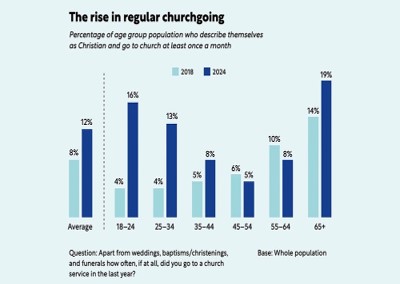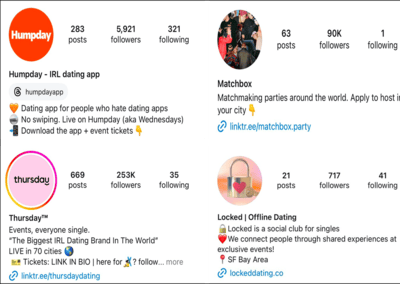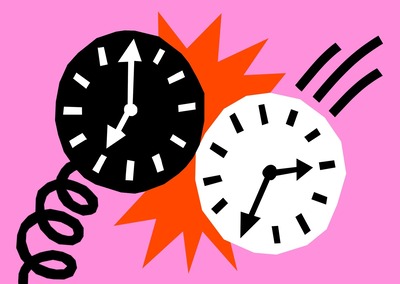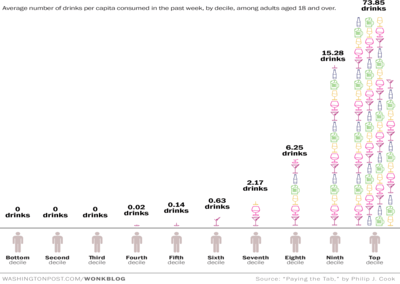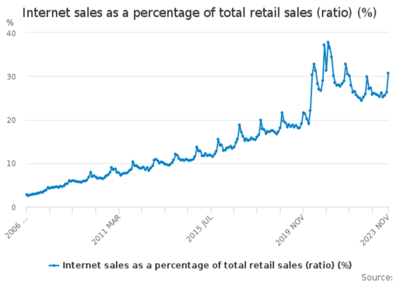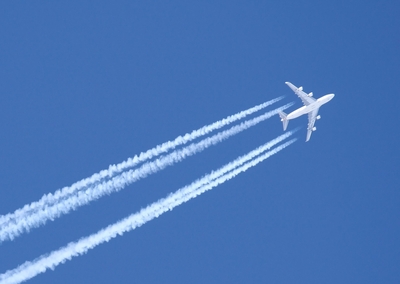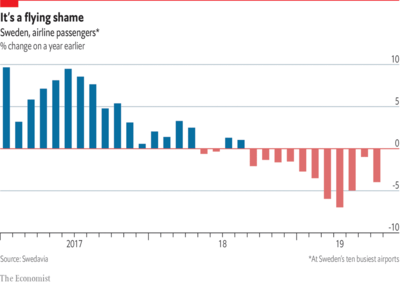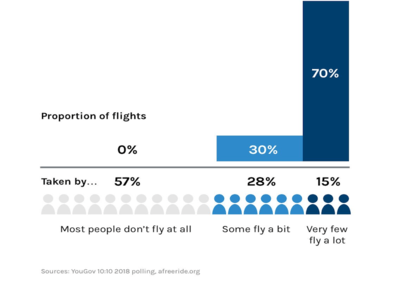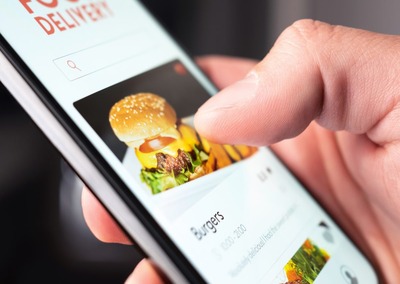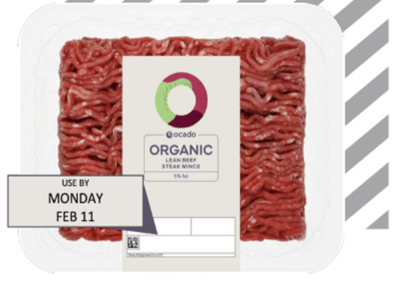According to self reported data (in chart), the share of people going to church at least monthly has risen from 8% in 2018 to 12% in 2024, and from 4% to 16% among 18-24 year olds. But actual recorded attendance tells a different story. In the same time period, C of E churchgoers declined from 1.1 million to 1 million, and Catholic churchgoers from 700,000 to 550,000. There are several potential reasons for this gap, like the rise of spiritualism, but what’s clear is that the Gen Z Christianity revival is overhyped.
Consumer Behaviour
In a large scale study across OECD countries, 26% of the adult population were unable to use a computer – a stark reminder that your audience is not always like you.
Should you force a user to confirm a password when they complete your form? It certainly slows things down: removing the ‘confirm password’ box increases form conversions by 56% while not negatively affecting the password reset rate.
What explains the variation in uptake of the Covid-19 vaccine? For the most part it wasn’t due to technology, or availability, but cultural resistance to vaccinations. Countries like the US & Turkey had uptake of 65%, while it was over 90% in Hong Kong and Singapore.
After the pandemic led to cruise ships being branded as “floating petri dishes,” 2024 saw a record number of passengers taking to the water for a holiday. Passenger numbers were up by 14.5% compared with 2019, which itself was a record year.
Dating apps have come full circle. Their latest offer is in person meet ups.
Clock changes are no laughing matter: leaving Daylight Savings Time in the autumn increases minor road accidents by 13%, when an hour of sunlight is reallocated back to the morning and it’s darker in the evenings.
In Japan, sales of adult nappies have outpaced infant nappies for more than a decade – which makes sense given the country’s unusually old population (those aged 65 and over make up 30%). The decline of infant nappies has become so stark that Oji Holdings, a leading producer, recently announced it will stop making them altogether.
30% of Americans don’t drink at all, while the top 10% have 74 drinks per week.
At the peak of Covid-19, we were told that e-commerce would transform the world. It turns out online shopping has followed the same growth trajectory it was on before the pandemic.
Most people say they care about the environment, but that doesn’t mean they act on it. According to Ryanair CEO Michael O’Leary, just 1% of his airline’s passengers pay to offset their emissions. As he says, “people want low fare air travel, and people want somebody else to pay the environmental taxation.”
In 2018, Swedes coined a new term, Flygskam, or “flight shame”, to describe the embarrassment that travellers feel about their environmental impact. This phenomenon has helped to decrease passenger numbers by 8%, while train travel has boomed.
15% of people take 70% of all flights, and over half don’t fly at all.
The answer to health eating lies in defaults. An Oxford University study shows that simply putting healthy meals at the top of delivery app menus results in people ordering 200 fewer calories per meal. On the other hand, sales data shows that calorie labels on restaurant menus have virtually zero impact on behaviour.
The UK wastes over 7 million tonnes of food annually, and a significant portion of that is food thrown away because it’s past the use by date. So the charity WRAP, in partnership with Ogilvy, introduced ‘days on date labels’ – a brain friendly labelling system that displays both the day and the date on the use by label. Although only in pilot stage, the concept has been rated well by consumers and shows promise for the future.

